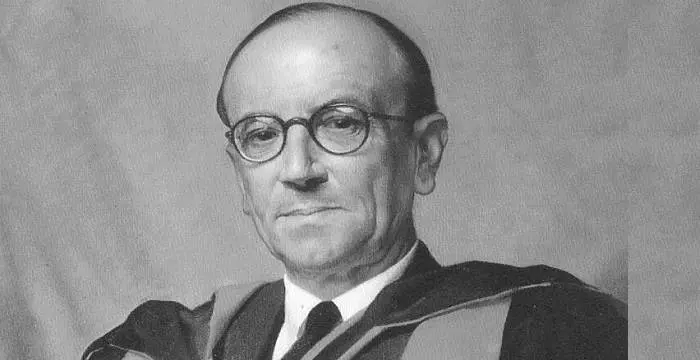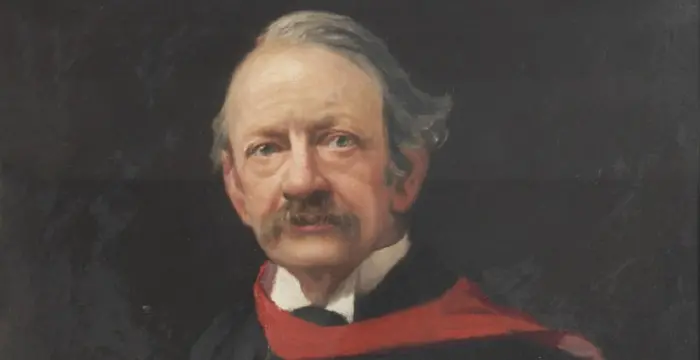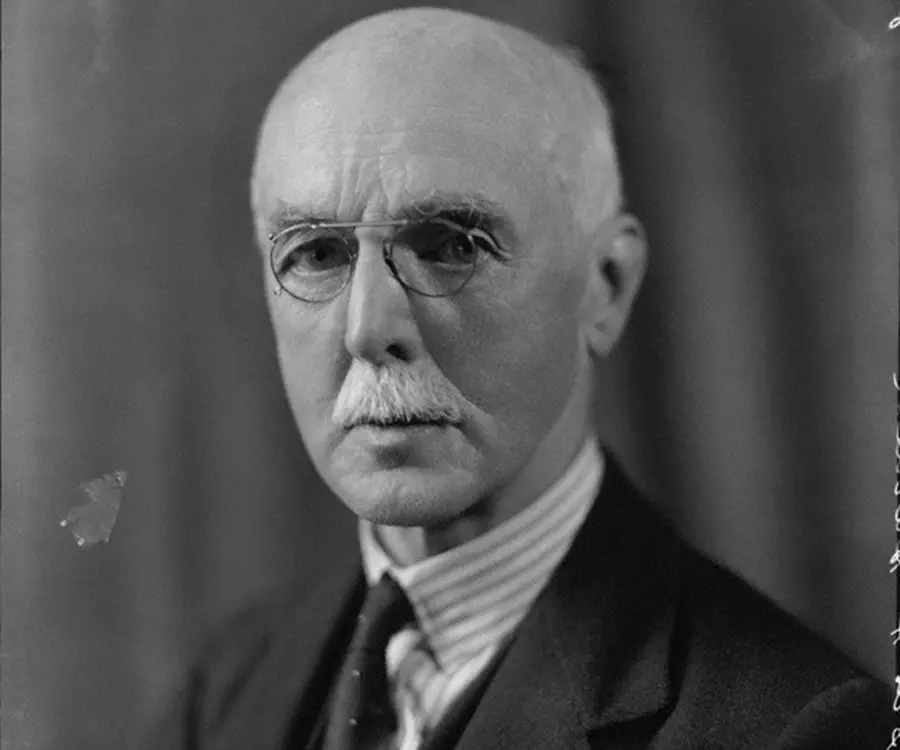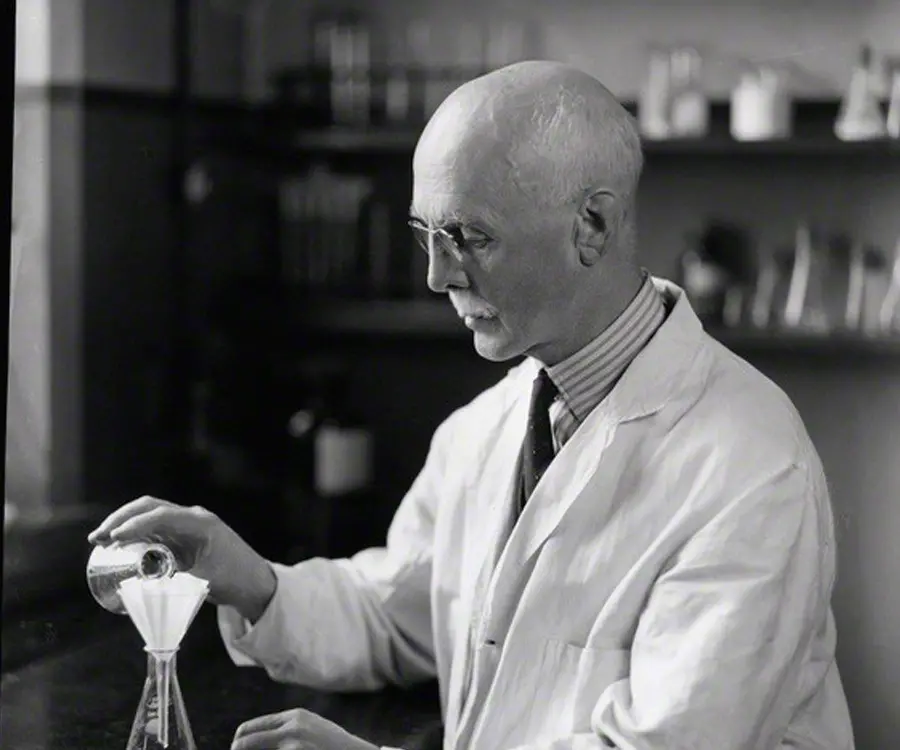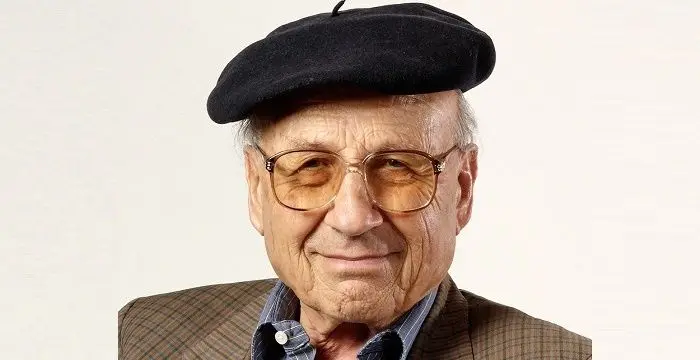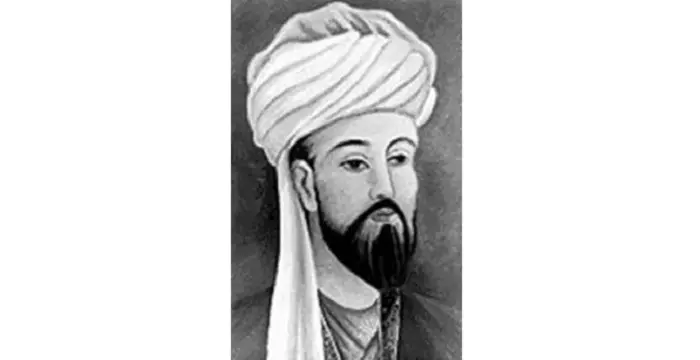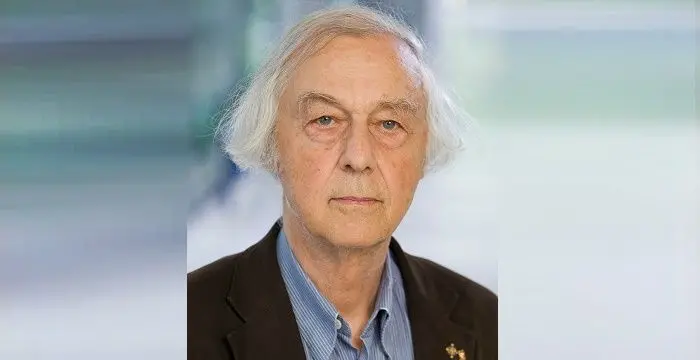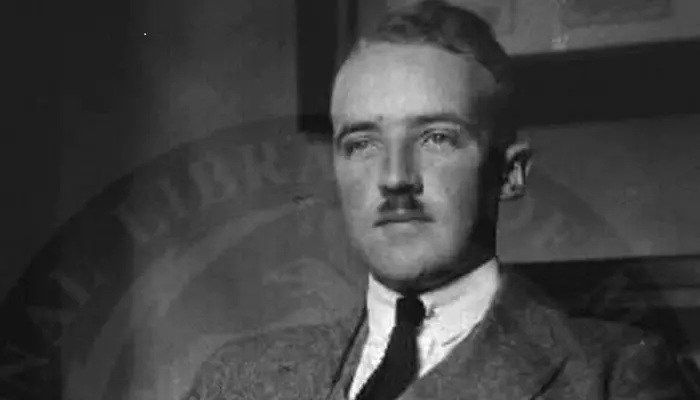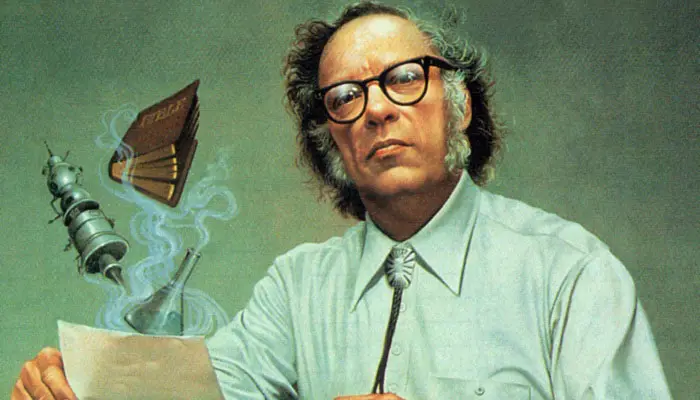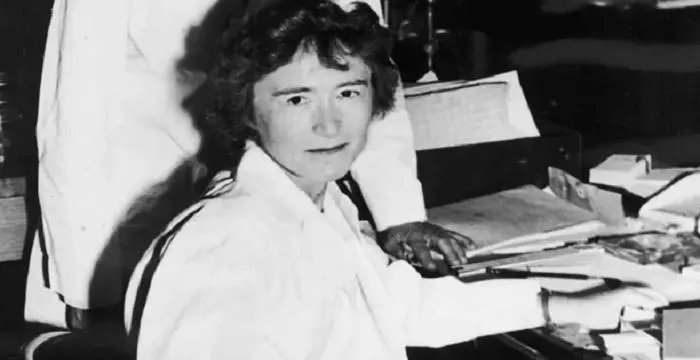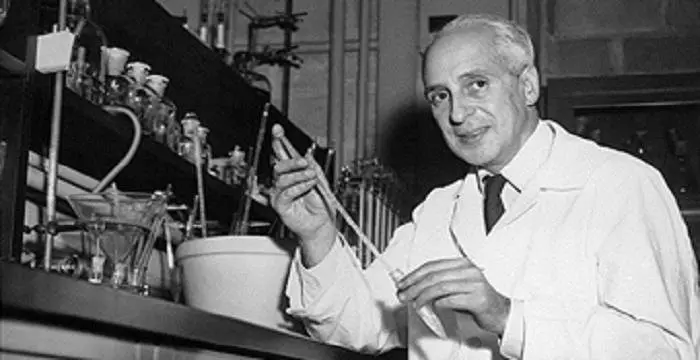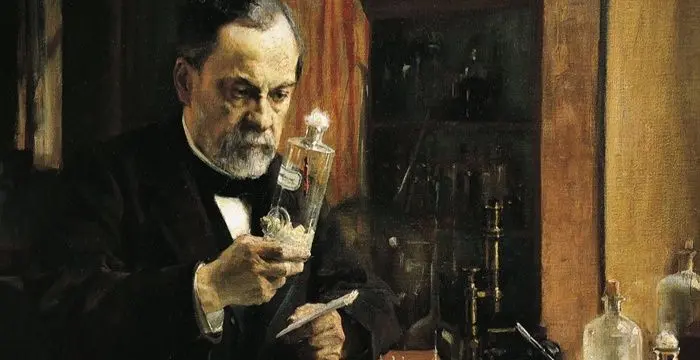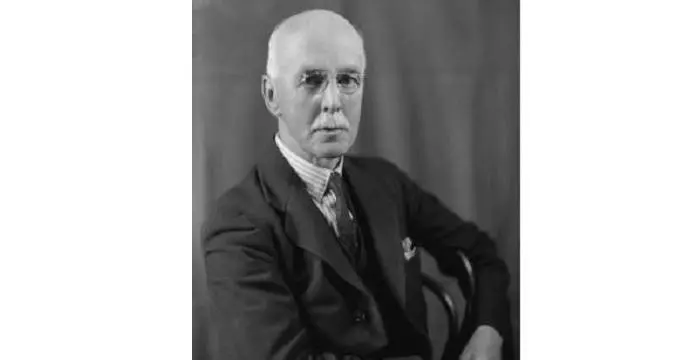
Arthur Harden - Biochemists, Life Achievements and Life
Arthur Harden's Personal Details
Sir Arthur Harden was a famous English biochemist
| Information | Detail |
|---|---|
| Birthday | October 12, 1865 |
| Died on | June 17, 1940 |
| Nationality | British |
| Famous | University Of Manchester, Scientists, Chemists, Biochemists |
| Known as | Гарден, Артур |
| Universities |
|
| Notable Alumnis |
|
| Birth Place | Manchester, Lancashire, England, United Kingdom |
| Gender | Male |
| Sun Sign | Libra |
| Born in | Manchester, Lancashire, England, United Kingdom |
| Famous as | Biochemist |
| Died at Age | 74 |
// Famous University Of Manchester
James Chadwick
Sir James Chadwick CH was an English physicist, who won the 1935 Nobel Prize in Physics for his discovery of neutron. Check out this biography to know about his childhood, life, achievements, works & timeline.
J. J. Thomson
J.J. Thomson was an English physicist and mathematician. This biography profiles his childhood, life, academic career, research and timeline.
Milo Yiannopoulos
Milo Yiannopoulos is a British technology journalist. Let’s have a look at his family, personal life, career, achievements, controversies, and some facts.
Arthur Harden's photo
Who is Arthur Harden?
Sir Arthur Harden was a famous English biochemist. He won the Nobel Prize in Chemistry in 1929 for his work on the fermentation of sugar and the fermentative enzyme actions. The problem of the chemistry of yeast cell had always greatly intrigued him. His prior study of the action of light on mixtures of carbon dioxide and chlorine helped him apply these methods to the examination of the chemical action of bacteria and alcoholic fermentation. Harden studied the chemistry of the fermentation of sugar by yeast juice for over 20 years. This included the confirmation of Carl Neuberg’s discovery of carboxylase in yeast and the investigation of peroxidase and invertase. He also examined the role of inorganic salts in fermentation. This expanded the knowledge of intermediary metabolic processes and created a foundation for many biologists in similar fields. Harden also published papers on the antiscorbutic and antineuritic vitamins and their presence in food and drinks. He established the synthesis of the antiberiberi factor by yeast and by removing sugars, organic acids, and proteins from lemon juice, he prepared a concentrate with enhanced antiscorbutic activity that could treat infant scurvy. Throughout his career, he wrote and edited many chemistry textbooks. He also collaborated with Sir H. E. Roscoe in a study of Dalton’s notebooks.
// Famous Scientists
Juliane Koepcke
Juliane Koepcke is a German-Peruvian biologist, who was the lone survivor among the 92 passengers and crew of the ill-fated LANSA Flight 508 that crashed in the Peruvian rainforest on 24 December 1971. Know more about her life in this biography.
Henry Cavendish
Henry Cavendish was a theoretical chemist and physicist, renowned for discovery of hydrogen and calculation of the mass of earth. To know more about his childhood, profile, timeline and career read on
Konstantin Tsiolkovsky
Konstantin Tsiolkovsky was a Russian rocket scientist and a pioneer of astronautics. This biography provides detailed information about his childhood, family, personal life, career, achievements, etc.
Childhood & Early Life
Arthur Harden was born in Manchester, Lancashire, England, on October 12, 1865. His father was Albert Tyas Harden, a Manchester businessman and his mother was Eliza Macalister. He was the only son among eight daughters.
Harden maintained his family’s nonconformist and austere way of living throughout his life.
From 1873 to 1877, he was educated at a private school in Victoria Park.
For the next four years, he studied at Tettenhall College, Staffordshire.
In 1882, he entered The Owens College in the University of Manchester and started studying under Sir H.E. Roscoe.
Arthur Harden graduated in 1885 with a first-class honours in chemistry.
In 1886, he received the Dalton Scholarship in Chemistry and for the next one year, he worked with Otto Fischer at Erlangen.
In 1888, he received his doctorate degree. His dissertation was on the preparation and properties of β-nitrosonaphthylamine.
Career
After completing his Ph.D, Harden became a junior lecturer at the University of Manchester. He was later promoted to the position of senior lecturer and demonstrator.
Harden and Roscoe co-authored ‘A New View of the Origin of Dalton’s Atomic Theory’ which was published in 1896.
In 1897, he published a paper on the composition of the bronze and iron tools discovered by Flinders Petrie.
In 1897 Harden became head of the chemistry department at the British Institute of Preventive Medicine (Lister Institute) and started his research in microbiological chemistry.
In 1907 he was appointed Head of the Biochemical Department. He held this position until his retirement in 1930.
In 1911, his book ‘Alcoholic Fermentation’, on his findings of the fermentation process, was published.
From 1913 to 1938, Harden was Joint Editor (with W.M. Bayliss) of ‘The Biochemical Journal’.
In 1912 University of London conferred upon him the title of Emeritus Professor of Chemistry.
Major Works
Arthur Harden worked with William John Young to show that the capacity of yeast juice to ferment glucose was influenced by the addition of boiled yeast juice. They also found that phosphate combined with glucose, fructose, or mannose forms a hexose diphosphate, which can be hydrolyzed by a phosphatase present in the juice. Harden’s identification of the presence of phosphate esters in fermentation liquors was significant as it directed the attention of other researchers to phosphorus compounds as intermediates in fermentation and muscular respiration.
Awards & Achievements
In 1909, he became a Fellow of the Royal Society, London.
In 1926, he received Knighthood, the highest honor conferred upon a British citizen.
In 1929, Arthur Harden jointly won the Nobel Prize in Chemistry with Hans von Euler-Chelpin, the Swedish biochemist “for their investigations on the fermentation of sugar and fermentative enzymes".
Harden was honoured with honorary Doctor of Science from the University of Athens and honorary Doctor of Laws from the Universities of Manchester and Liverpool.
He received the Davy Medal awarded by the Royal Society of London in 1935.
Personal Life & Legacy
In 1890, Harden got married to Georgina Sydeny Bridge, a citizen of Christchurch, New Zealand. They had no children.
His wife died in 1928, two years before Harden retired from the Lister Institute.
Arthur Harden died of a progressive nervous disease on 17 June 1940 at his home in Bourne End, Buckinghamshire, UK.
// Famous Chemists
Henry Cavendish
Henry Cavendish was a theoretical chemist and physicist, renowned for discovery of hydrogen and calculation of the mass of earth. To know more about his childhood, profile, timeline and career read on
Walter Kohn
Nobel Laureate Walter Kohn was an Austrian-born American theoretical chemist and physicist. Check out this biography to know about his childhood, life, achievements, works & timeline.
Jabir Ibn Hayyan
Jabir Ibn Hayyan was a medieval era polymath. Check out this biography to know about his life, works and achievements.
Arthur Harden's awards
| Year | Name | Award |
|---|---|---|
Other | ||
| 0 | Nobel Prize in Chemistry (1929) | |
| 0 | Davy Medal (1935) | |
Arthur Harden biography timelines
- // 12th Oct 1865Arthur Harden was born in Manchester, Lancashire, England, on October 12, 1865. His father was Albert Tyas Harden, a Manchester businessman and his mother was Eliza Macalister. He was the only son among eight daughters.
- // 1873 To 1877From 1873 to 1877, he was educated at a private school in Victoria Park.
- // 1882In 1882, he entered The Owens College in the University of Manchester and started studying under Sir H.E. Roscoe.
- // 1885Arthur Harden graduated in 1885 with a first-class honours in chemistry.
- // 1886In 1886, he received the Dalton Scholarship in Chemistry and for the next one year, he worked with Otto Fischer at Erlangen.
- // 1888In 1888, he received his doctorate degree. His dissertation was on the preparation and properties of β-nitrosonaphthylamine.
- // 1890In 1890, Harden got married to Georgina Sydeny Bridge, a citizen of Christchurch, New Zealand. They had no children.
- // 1896Harden and Roscoe co-authored ‘A New View of the Origin of Dalton’s Atomic Theory’ which was published in 1896.
- // 1897In 1897, he published a paper on the composition of the bronze and iron tools discovered by Flinders Petrie.
- // 1897In 1897 Harden became head of the chemistry department at the British Institute of Preventive Medicine (Lister Institute) and started his research in microbiological chemistry.
- // 1907 To 1930In 1907 he was appointed Head of the Biochemical Department. He held this position until his retirement in 1930.
- // 1909In 1909, he became a Fellow of the Royal Society, London.
- // 1911In 1911, his book ‘Alcoholic Fermentation’, on his findings of the fermentation process, was published.
- // 1912In 1912 University of London conferred upon him the title of Emeritus Professor of Chemistry.
- // 1913 To 1938From 1913 to 1938, Harden was Joint Editor (with W.M. Bayliss) of ‘The Biochemical Journal’.
- // 1926In 1926, he received Knighthood, the highest honor conferred upon a British citizen.
- // 1928His wife died in 1928, two years before Harden retired from the Lister Institute.
- // 1929In 1929, Arthur Harden jointly won the Nobel Prize in Chemistry with Hans von Euler-Chelpin, the Swedish biochemist “for their investigations on the fermentation of sugar and fermentative enzymes".
- // 1935He received the Davy Medal awarded by the Royal Society of London in 1935.
- // 17th Jun 1940Arthur Harden died of a progressive nervous disease on 17 June 1940 at his home in Bourne End, Buckinghamshire, UK.
// Famous Biochemists
Robert Huber
Robert Huber is a German biochemist and Nobel Laureate. Check out this biography to know about his childhood, life, achievements, works & timeline.
Charles Best
Charles Best was a great scientist and a renowned physiologist who is remembered for being the co-discoverer of insulin. Read this biography to learn about his profile, childhood, life and timeline.
Isaac Asimov
Isaac Asimov was an American professor of biochemistry and a renowned author of science fiction and popular science books. Read this biography to know more about his life.
Gerty Cori
Gerty Theresa Cori was a Nobel Prize winning biochemist who discovered the catalytic conversion of glycogen. To know more about her childhood, career, profile and timeline read on
Severo Ochoa
Severo Ochoa was a Spanish physician and biochemist who won the 1959 Nobel Prize in Physiology or Medicine. Check out this biography to know about his childhood, life, achievements, works & timeline.
Louis Pasteur
Louis Pasteur was a French chemist and microbiologist who developed the first vaccines for rabies and anthrax. This biography of Louis Pasteur provides detailed information about his childhood, life, achievements, works & timeline.
Arthur Harden's FAQ
What is Arthur Harden birthday?
Arthur Harden was born at 1865-10-12
When was Arthur Harden died?
Arthur Harden was died at 1940-06-17
Where was Arthur Harden died?
Arthur Harden was died in Bourne End
Which age was Arthur Harden died?
Arthur Harden was died at age 74
Where is Arthur Harden's birth place?
Arthur Harden was born in Manchester, Lancashire, England, United Kingdom
What is Arthur Harden nationalities?
Arthur Harden's nationalities is British
What was Arthur Harden universities?
Arthur Harden studied at University Of Manchester, University of Erlangen-Nuremberg, University of Manchester, Victoria University of Manchester
What was Arthur Harden notable alumnis?
Arthur Harden's notable alumnis is University Of Manchester
What is Arthur Harden's sun sign?
Arthur Harden is Libra
How famous is Arthur Harden?
Arthur Harden is famouse as Biochemist
